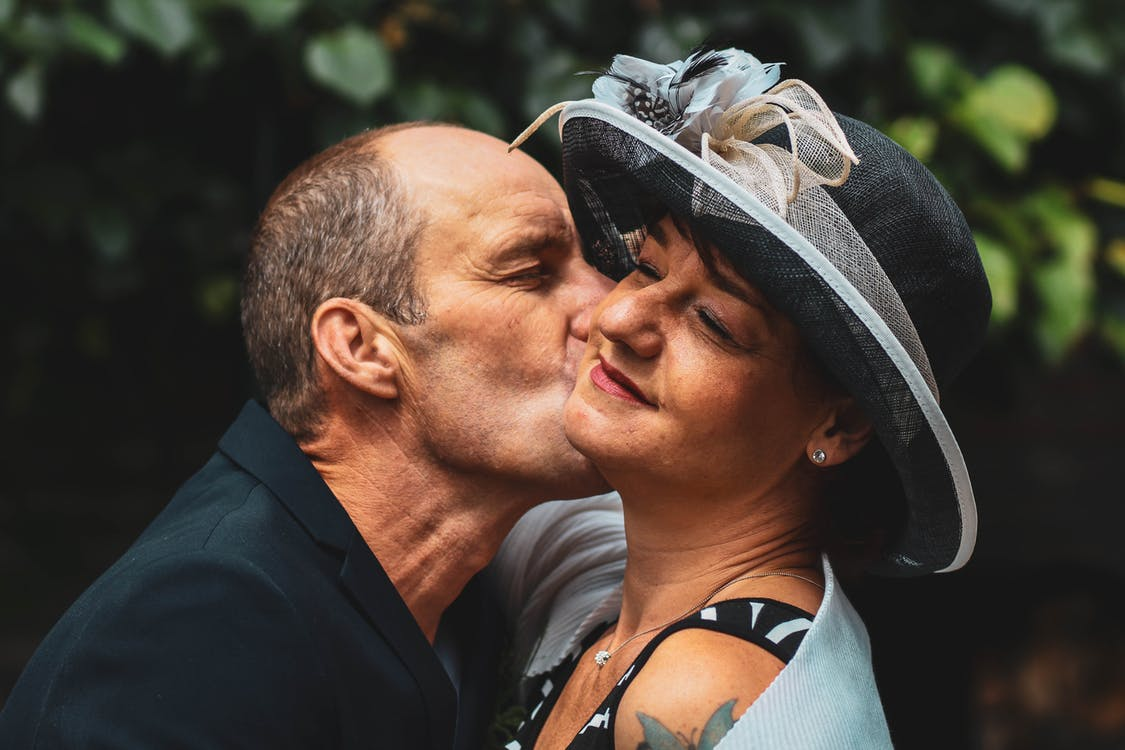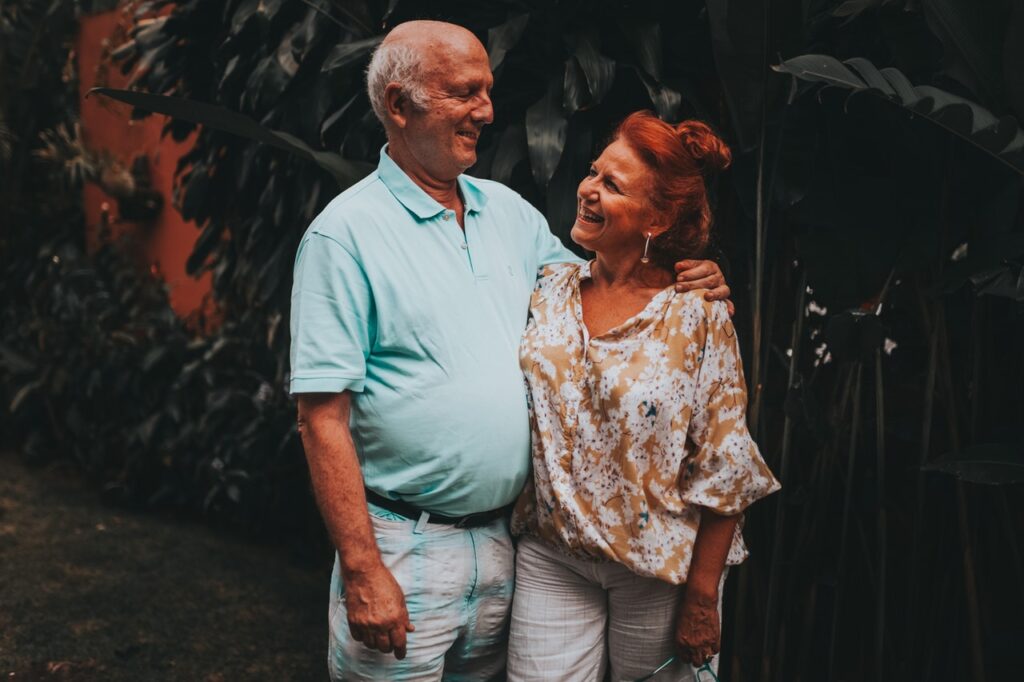It is no secret that everyone ages, and as you age there are many different changes that happen to your body. The changes that you develop as you age depend on many different factors, including gender, race, age, and lifestyle choices. However, regardless of race or age there are some key aging differences between men and women. These differences can range from physical, emotional, or even psychological.
Understanding these changes and differences is important to know as you get older. Knowing the common changes or risks that you might face as you age can help you recognize signs of diseases earlier, and it can also help you understand the changes you’re experiencing. In this article we’re going to talk about three key aging differences that men and women might face as they grow older.
Differences In Life Expectancy
Perhaps one of the biggest differences men and women face as they age is the difference in average life expectancy. Average life expectancy of both men and women is determined by many different factors such as race, age, and gender. In 2022 the average life expectancy of a U.S. male is 76.2 years old. The average life expectancy of a U.S. female in 2022 is 81.1 years old, five years older than the average life expectancy of the average male.

Differences In Hormonal Changes
As men and women age, experiencing changes in hormonal levels is normal. However, the differences in hormonal changes depend on the person. Men and women do not experience the same hormonal changes as each other, so knowing what a normal hormonal change looks like is important in understanding the changes happening as you age, as well as understanding when to bring a concern to your doctor.
Everyone experiences hormonal changes differently, whether you are male or female. If you think a change you are experiencing is abnormal or you have questions about these changes, contact your primary care doctor for more information and help. Here’s a few of the differences in their hormonal shifts that men and women might see as they age:
Women
- As a woman ages, her estrogen levels rise. This can cause the levels of good cholesterol to rise as well.
- Thinning hair is common in aging women
- Hormonal changes in women can cause irregular menstrual cycles
- The changing of hormone levels can cause some negative side effects in women as well:
- Pain during intercourse
- Increased chance of yeast infections
- Increased risk of osteoporosis
- When a woman’s body stops producing estrogen and progesterone, women experience menopause.
- Changes in hormonal levels can lead to fluctuating weight changes with age
Men
- A man’s bones are more likely to remain stronger longer than a woman’s bones as they age, because a man’s testosterone levels only decrease by 1% every year.
- Changing levels of testosterone can affect diseases of the prostate and in some cases cause the symptoms to accelerate.
- Men tend to have thicker skin as they age, causing them to develop wrinkles at a slower pace than women
- Erectile dysfunction is common in men as they age
- Hormonal changes can cause a fluctuation in weight in men
- The changing in hormone levels can also account for other changes in a man’s life:
- Changes in sleep patterns
- Physical and emotional changes
- Changes in sexual functions of the body

Differences In Diseases
As men and women age they are sometimes more at risk for developing different diseases. The kinds of diseases, the severity, and the acceleration of the symptoms of the disease can depend on gender as well as other factors. Knowing the symptoms to look for to recognize these diseases can help diagnose them sooner to begin treatment if necessary. If you think you are experiencing symptoms of disease or you have questions, contact your primary care doctor with any concerns. Below are some differences in disease men and women might face as they get older:
Women
- Women 60 and over are often twice as likely than men to develop Alzheimer’s disease, according to the Alzheimer’s Association.
- 1 out of every 6 women develop Alzheimer’s disease as opposed to 1 out of every 11 men.
- Women are more susceptible to the negative effects of alcohol abuse and alcoholism
- Women are often recorded as showing signs of anxiety and depression as they age
- More women than men suffer from a stroke each year, often experiencing these symptoms that are only found in women:
- High cholesterol
- High blood pressure
Men
- Men are two times more likely than women to abuse alcohol and suffer binge drinking
- According to the Alzheimer’s Association, men are more likely than women to develop Vascular Dementia
- Men are more likely to become ill at a younger age than women
- Men experience more balding of the hair than women as they age
- Men are at a higher risk of developing heart disease
- Men are at a higher chance for chronic liver disease
So What Can You Do?
While there is no one answer to “closing the health gap” between men and women, there are a few things you can do to stay healthy. There’s no way of changing the differences of how men and women age, but you can change the ways in which you live your life to support a healthier lifestyle that will cater to your own health needs. Some basic changes both men and women can make to start living a healthier lifestyle can include:
- Creating a healthy eating lifestyle and habits
- Limit your sugar and salt intake
- Avoid processed foods
- Incorporate more fruits and vegetables into your diet
- Drink in moderation
- Avoid abusing substances like alcohol that can lead to disease later in life
- Exercise on a regular basis
- Talk with your provider about an exercise plan that works for you
- Try to exercise regularly and multiple times a week
- Using exercise can help to maintain a healthy weight
- Stay up to date on doctor appointments
- Go to your yearly checkups and appointments
- Stay up to date on mandatory testing with age (colonoscopy, pap smear, etc.)
- Meet with your doctor regularly and contact them with any health concerns you might be having

Going Forward
With the right lifestyle choices and adapting healthy habits, both men and women can better support their health as they age. Regardless of gender, race, and age, taking healthy steps in the right direction can make your chances of living a long and healthy lifestyle greater. Understanding these aging differences and changes can also help you to recognize areas of concern or normal changes that occur with age. However, if you have questions or experience any symptoms that you aren’t comfortable with or do not understand, don’t hesitate to contact your primary care doctor to set up an appointment to go over your concerns.
